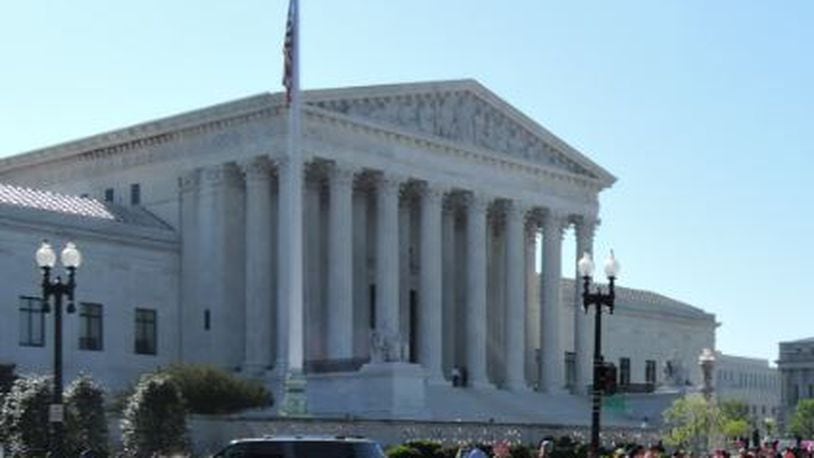The new ruling takes issue with how the Trump Administration defines close members of a family, and who would be allowed to visit someone legally in the United States.
Under the rules set by the White House, grandparents, grandchildren, aunts, uncles, nieces, nephews, cousins, brothers-in-law and sisters-in-law would not be included the definition of 'close family.'
In his ruling, Federal Judge Derrick Watson said the limited definition of close family relationship "represents the antithesis of common sense."
"Common sense, for instance, dictates that close family members be
defined to include grandparents. Indeed, grandparents are the epitome of close family members. The Government’s definition excludes them. That simply cannot be," the judge wrote.
Instead of taking the matter to the Ninth Circuit Court of Appeals, the Attorney General said he would appeal directly to the U.S. Supreme Court, which is not in session at this time.
At the end of June, the Supreme Court allowed the Trump travel and refugee order to go forward, with some limits.
About the Author
